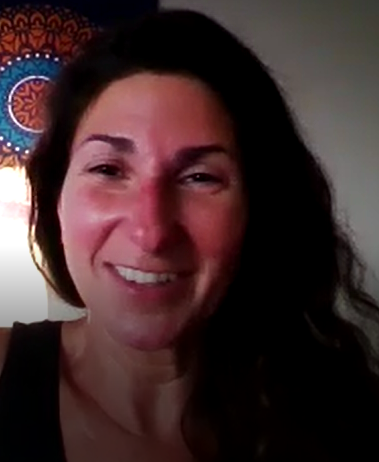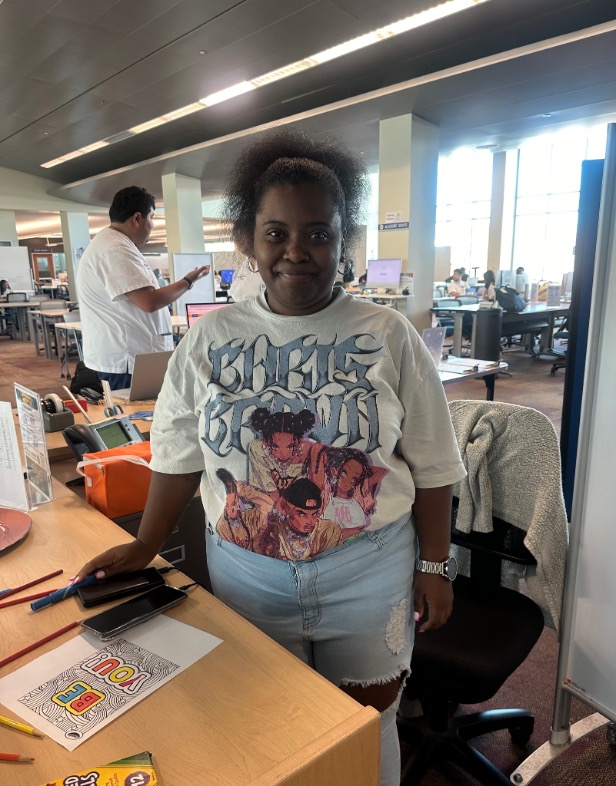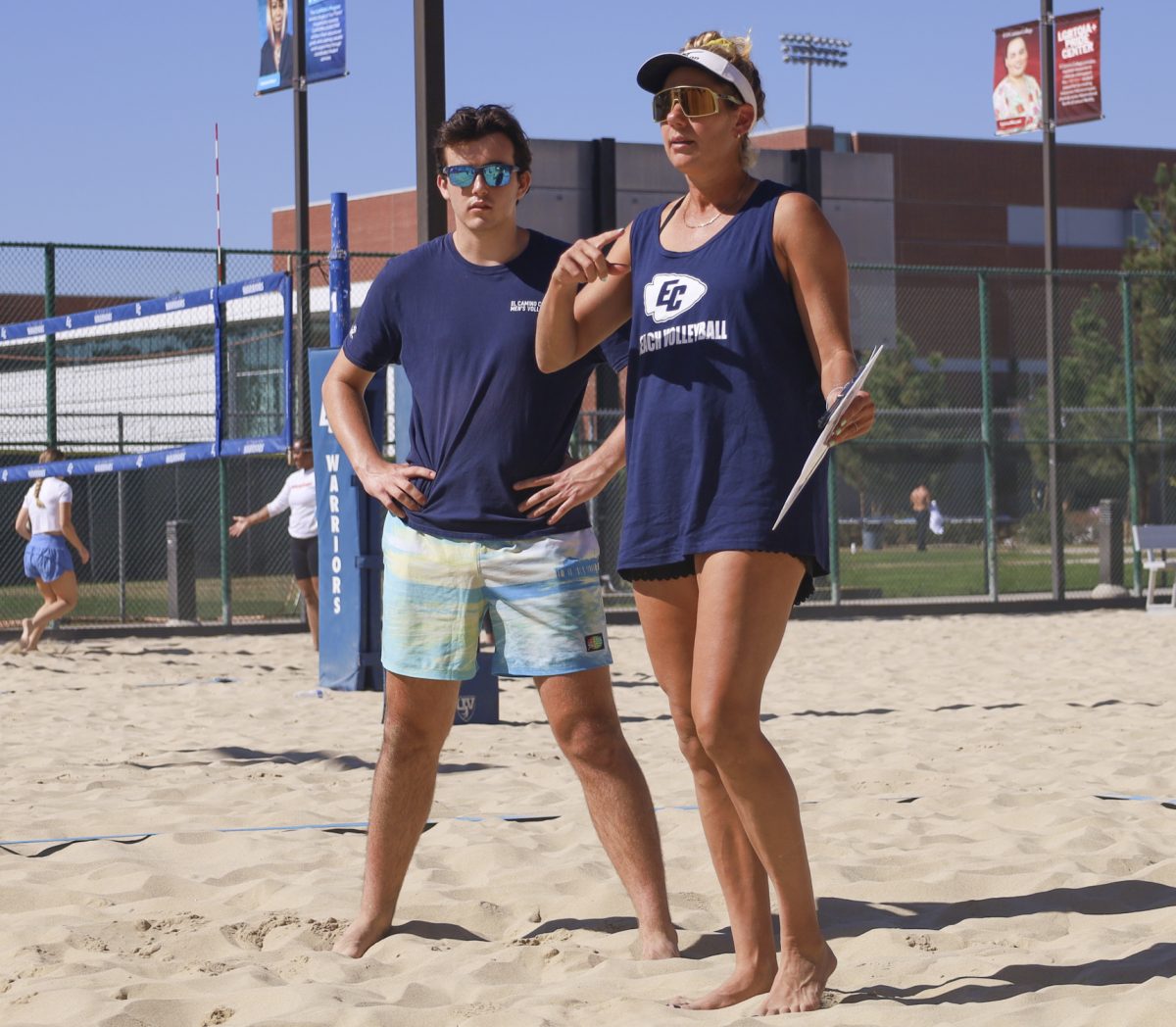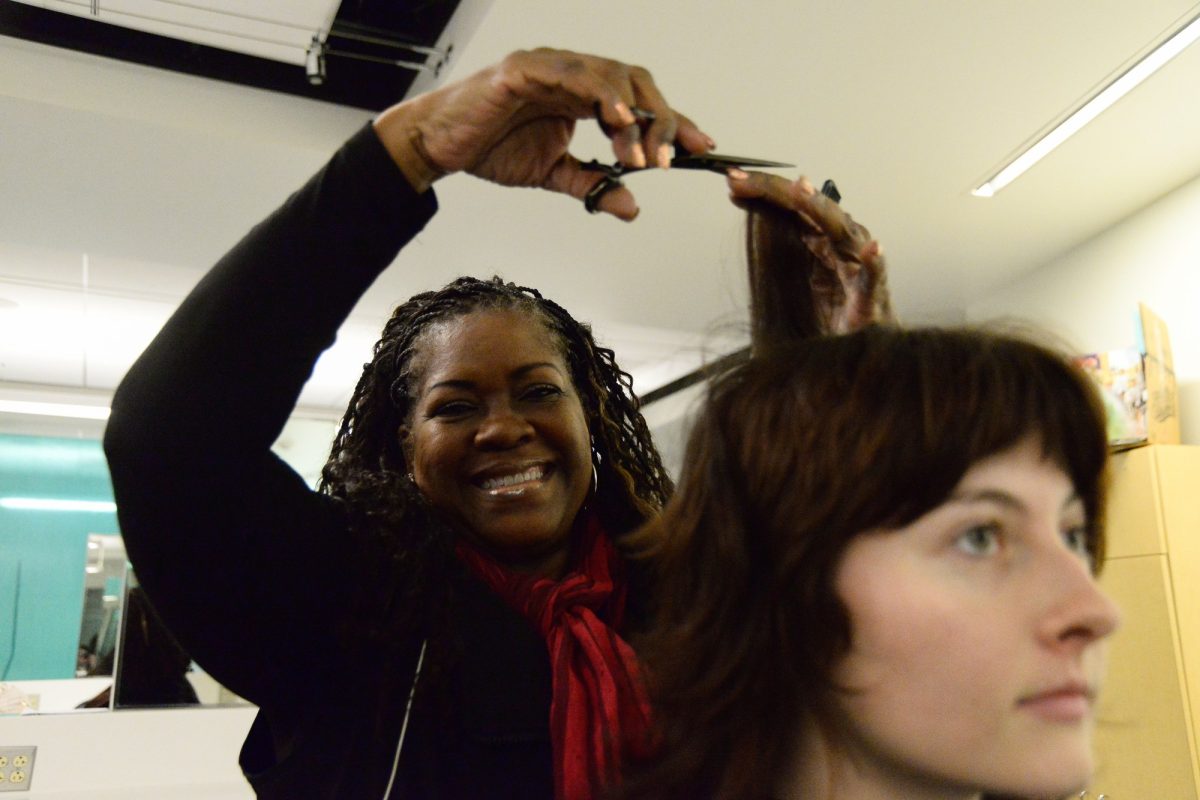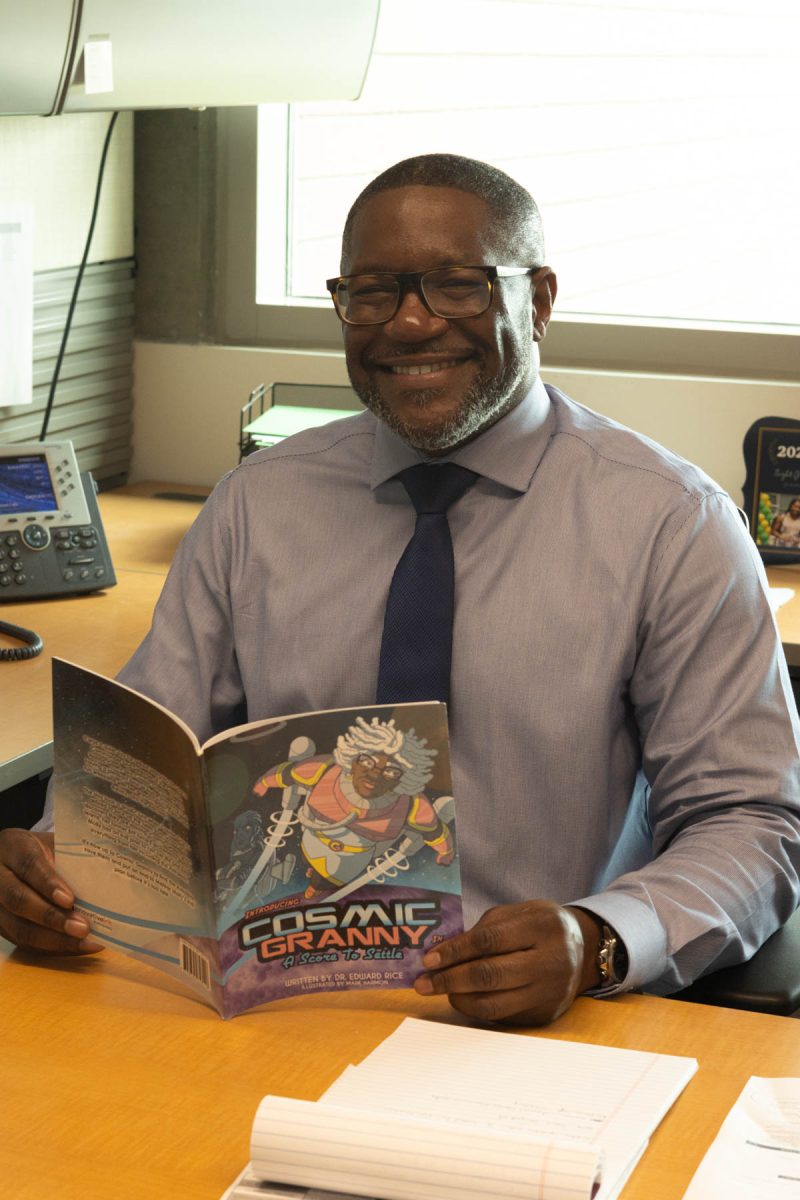To help students cope with the changes happening during the pandemic, Maria Nazarian has provided a virtual way of offering information and resources on mental health via virtual sessions.
Nazarian, a clinical psychologist for Student Health Services at El Camino College, has been hosting a virtual mindfulness workshop every Monday at 9 a.m. and a workshop regarding coping with depression and anxiety every Monday at 5 .p.m.
“Students were kind of concerned about their changes in their mental health and did not really know if it was normal or if it was just them [the students] or how to cope with it,” Nazarian said.
Students were concerned and unsure if unusual sleeping patterns, feeling unmotivated and being unable to focus, were normal symptoms, Nazarian said.
“I felt there was a need just based on the contact I had with students through individual psychotherapy,” Nazarian said. “There was a need for more information about what we are all experiencing.”
Nazarian begun working periodically at ECC in the summer of 2019. She then returned this spring, where she introduced mindfulness workshops in person. Because of COVID-19, she decided to go virtual with mental health informative workshops in a format that would be comfortable for students.
“So there is no real pressure to participate, just me giving them [students] information about anxiety, depression, what to expect, the different symptoms and how to cope,” Nazarian said.
Nazarian said the number one coping suggestion for any individual is going for a walk or doing physical activity outdoors because it can aid many different aspects of well being.
“I often get positive feedback from the students,” Nazarian said.”I am assuming [it’s] having some sort of positive impact, which I hope it is, when they keep coming back, it’s a good sign.”
LaFaune Gordon, another clinical psychologist at the Student Health Center, similar to Nazarian’s efforts, has also been providing virtual psychological services through the health services Telemental Health portal page.
“I do a weekly group [workshop], talking about stressors, how to define stress, and the idea of dealing with various traumatic events in your life that add to the stress and how to overcome to move forward,” Gordon said.
In addition to stress, Gordon added that students are worried about the uncertainty of virtual learning, lack of motivation and the social disconnect as a result of the coronavirus pandemic.
“It’s interesting because going someplace, like, going to school it’s almost like an escape of potential things that are happening at home,” Gordon said. “Now there is no escape.”
Virtual meetings and seminars on mental health have been of additional aid to students where they can communicate about their worries and experiences as a college student during a pandemic.
“I feel like our groups are valuable. Even if someone logs in, I consider that helping someone in terms of coping and building resilience, that speaks a lot,” Gordon said.
Nazarian and Gordon encourage students to take advantage of the free resources included in tuition fees as it can be another path for safe, open communication that might be unavailable for students elsewhere.
Xiao Wong, retention counselor for the Student Success Program at ECC that offers academic coaching, time management, one-on-one counseling and goal setting can direct students to the right channel for any resources needed.
“A lot of students are depressed, some of the challenges they have are family obligations, computer equipment, a lot of families [are] cooped in a house and sometimes it’s hard to find a quiet area,” Wong said.
The goal for Nazarian, Gordon and Wong is to inform students on mental health. Helping them to recognize symptoms of mental health issues and how to cope with stress is their main priority so students can succeed in their academic career and take breaks when needed to focus on their own well-being.
“Stop and breath so that you can have a reset, it really makes a difference,” Gordon said.




